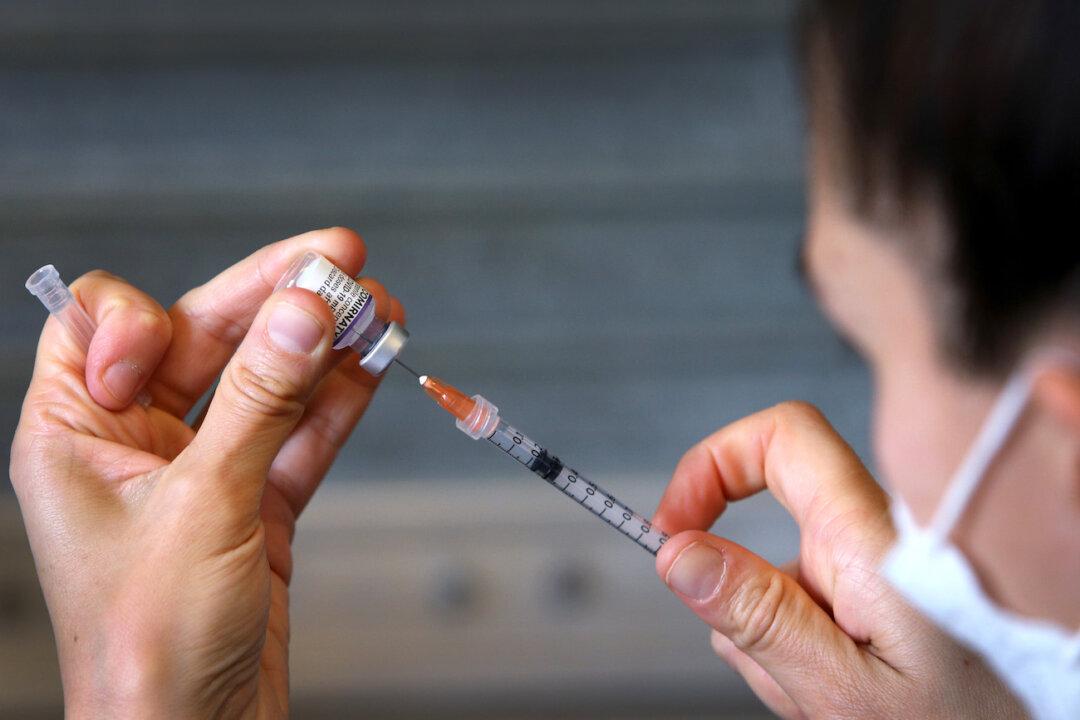South Australia’s public health system saw a spike in the number of 15 to 44-year-olds complaining of heart problems during two major vaccine rollout periods, according to new data from the state’s health department, SA Health.
The data obtained under the Freedom of Information Act by Senator Alex Antic revealed that from 2019 to 2020, there were about 1,000 to 1,300 “cardiac presentations” per month to South Australia’s public hospitals.





